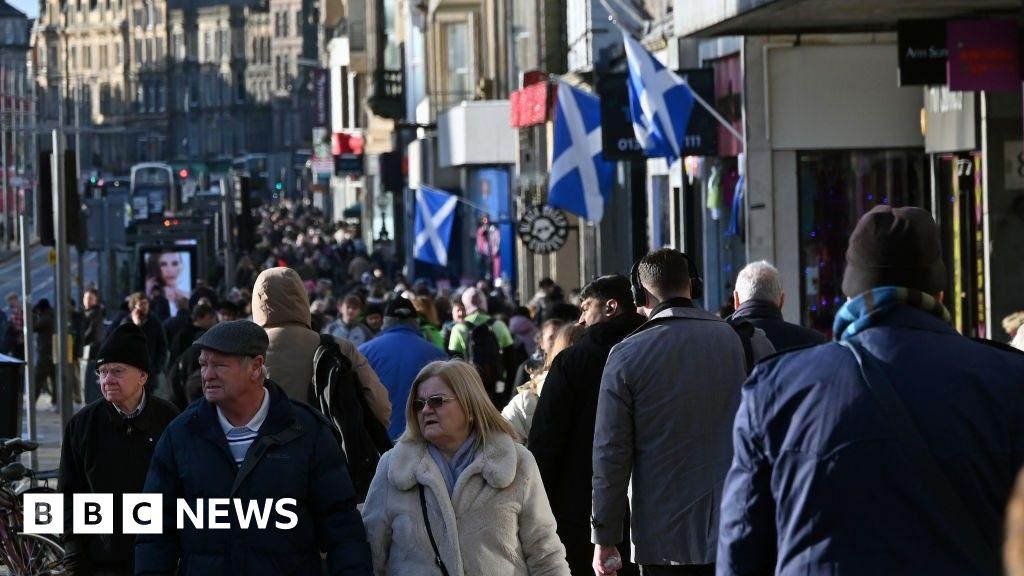Travel
Female medical students travel to Scotland from Afghanistan to defy Taliban education ban

‘I now consider myself the luckiest person’
A group of female Afghan medical students, forced to halt their studies under Taliban rule, have found refuge and the chance to continue their education in Scotland.
The 19 students, including Fariba Asifi, Omulbanin Sultani, Arifa Wahdat, and Zahra Hussaini, arrived on 21st August, following a three-year campaign led by the Linda Norgrove Foundation, a Scottish charity named after a humanitarian aid worker who tragically lost her life during a rescue operation in Afghanistan in 2010.
The Linda Norgrove Foundation, founded by Norgrove’s parents, played a vital role in navigating the complex logistics required to bring the students safely into the UK. This included securing visas, tuberculosis tests, and coordinating travel through Pakistan, where the students applied for UK visas before being flown to Edinburgh.
The group arrived in Scotland last month after travelling on a flight funded by the Scottish government, landing at Edinburgh Airport.
“Coming to Scotland changed everything. It has given me hope for a better future,” said one of the students, 20-year-old Sabra Hussaini, in an interview with AFP.
“I can become a doctor, I can become independent financially, and I can serve my family and community to the best of my ability,” she added.
The journey also involved English language tests and university interviews conducted over Skype, with the foundation covering a total expenditure of £60,000 in expenses for accommodation and other essentials, including a bank account.
Many of the students had been confined to their homes in Afghanistan since the Taliban’s ban on women attending higher education, issued in December 2022, which placed severed restrictions on female education in Afghanistan. The United Nations has condemned these actions, calling them a form “gender apartheid.”
“I now consider myself the luckiest person,” admitted 25-year-old Fariba Asifi, who is currently a student at Glasgow University. “I can continue my education and follow my dream. I’m so excited and really happy.”
Nicola Sturgeon, Scotland’s former First Minister, praised the efforts to help the Afghan women during a visit to Edinburgh Airport, describing their journey “a life-changing opportunity.”
She said: “Scotland is proud to provide refuge to those fleeing oppression, ensuring these women can pursue their dreams of becoming doctors.”
The Scottish Government amended legislation to allow the women to be treated as Scottish students, despite maintaining an international visa, granting them eligibility to free tuition at several universities across Scotland, including St. Andrews, Dundee, and Aberdeen.
John Norgrove, Linda’s father, said in a statement released on 16th September: “Finally these 19 incredibly talented young women get their future back with the opportunity for a tremendous education and a career. The alternative for them in Afghanistan wasn’t good.”
Despite now being safe in Scotland, many of the students expressed their hopes to one day return to Afghanistan. “It’s not a permanent situation […] one day we will have a bright Afghanistan, a peaceful country,” Fariba said.
This education in Scotland is more than a personal opportunity; for many of the students, it represents a stepping stone toward a better future not just for themselves but for their homeland. “And one day, I’m pretty sure we will see all girls, all ladies can do, can get education, get working and getting their fun. And we should be optimistic we will have a bright Afghanistan. It’s near,” Sabra said.
Featured image via Unsplash










